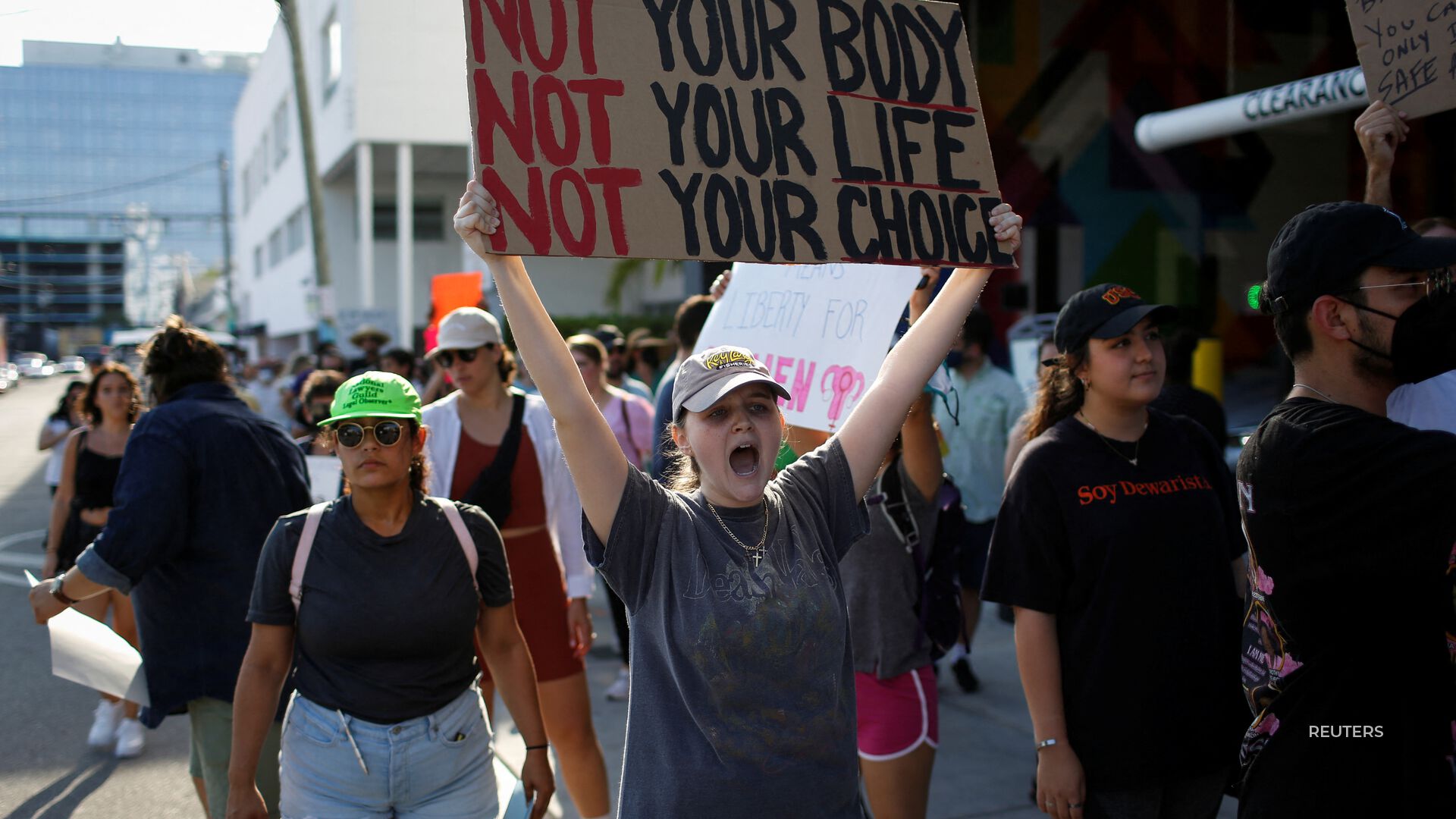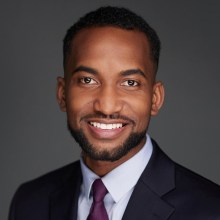
Jimmie Johnson: IN THE WAKE OF THE SUPREME COURT OVERTURNING ROE V. WADE — ABORTION-RIGHTS ACTIVISTS ARE TAKING STATE BANS TO THE COURTS.
AND THEY GOT A LEGAL WIN ON MONDAY.
A JUDGE IN NEW ORLEANS TEMPORARILY BLOCKED LOUISIANA’S TRIGGER LAW THAT WAS DESIGNED TO GO INTO EFFECT IF ROE WAS OVERTURNED.
ACTIVISTS ARGUED THE LAW — WHICH ONLY ALLOWS EXCEPTIONS IF THE MOTHER’S LIFE IS AT RISK — WAS UNCLEAR.
THE LAW WILL BE ON HOLD PENDING A HEARING NEXT WEEK.
IN FLORIDA, ACTIVISTS ALSO ASKED A JUDGE TO BLOCK THAT STATES NEW ABORTION BAN — WHICH IS SET TO TAKE EFFECT THIS WEEK.
ON SATURDAY — THE A-C-L-U OF ARIZONA FILED AN EMERGENCY MOTION LOOKING TO BLOCK A 20-21 LAW THEY WORRY COULD BE USED TO BLOCK ALL ABORTIONS.
AND ACROSS STATE LINES, PLANNED PARENTHOOD OF UTAH IS ALSO SUING OVER THEIR STATE’S TRIGGER LAW.










